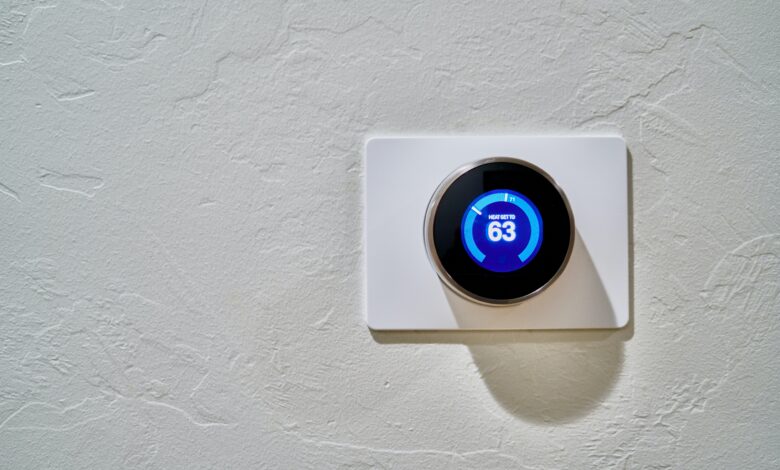Maximizing Efficiency: Smart Devices Paving the Way for Energy-Efficient Workspaces

Discover how smart devices are transforming workspaces, optimizing energy usage, reducing carbon footprints, and contributing to workplace productivity and sustainability.
In an era where sustainability and resource optimization have become paramount, the integration of smart devices into workspace environments has emerged as a transformative solution. Energy-efficient technologies, particularly smart devices, have swiftly evolved to revolutionize how workplaces operate. These innovations not only streamline operations but also significantly contribute to reducing energy consumption and carbon footprints.
The Role of Smart Devices in Energy Efficiency
Smart devices encompass a diverse range of tools, from thermostats and lighting systems to sensors and automated controls. Each is designed to enhance operational efficiency while minimizing energy usage.
These devices form the backbone of an energy-conscious workspace, employing advanced technologies like the Internet of Things (IoT), artificial intelligence (AI), and machine learning (ML) to optimize energy consumption.
- Utilizing Occupancy Tracking: Intelligent office spaces leverage data collected through wireless networks and IoT sensors to detect the presence of individuals within a building. This data fuels the automation of lighting, heating, and cooling systems, ensuring energy consumption aligns with occupied areas, thereby curbing wastage and bolstering efficiency.
- Adaptive Lighting Management: Smart lighting systems dynamically regulate brightness, color schemes, and scheduling, fostering a more comfortable work atmosphere. These systems intelligently adjust usage in response to actual occupancy levels, culminating in reduced energy consumption.
- Automated HVAC Management: Heating, ventilation, and air conditioning (HVAC) systems can be programmed to autonomously adapt temperature and humidity settings, tailoring them to user preferences and occupancy trends. This optimization not only enhances employee comfort but also curtails energy usage.
- Space Optimization: Implementing intelligent office solutions aids in pinpointing opportunities for space optimization and consolidation of underutilized areas. By leveraging genuine occupancy and utilization data, this approach minimizes buildings’ carbon footprint.
The Role of Smart Devices to Enhance Workplace Productivity and Sustainability
Beyond energy efficiency, smart devices contribute to enhancing workplace productivity and sustainability. IoT-enabled devices facilitate remote monitoring and management, enabling facility managers to remotely control and monitor energy usage, identify faults, and perform predictive maintenance. Thus it reduces downtime and enhances overall operational efficiency.
Additionally, the data collected by smart devices offers valuable insights into workspace utilization patterns, aiding in space optimization and layout planning. It not only enhances employee comfort but also reduces the overall environmental impact by utilizing space more effectively.
You might also like:
Greening The Workplace: 5 Tips For Designing An Eco-Friendly Office Space
Challenges and Future Trends
Despite their numerous benefits, the widespread adoption of smart devices in workspaces faces challenges. Security concerns regarding data privacy and potential cyber threats remain a significant apprehension. Ensuring robust cybersecurity measures and adherence to privacy regulations is imperative to build trust and encourage broader adoption.
Looking ahead, the future of energy-efficient workspace technologies lies in the continued innovation of smart devices and their seamless integration. Advancements in energy harvesting technologies, such as kinetic and solar-powered devices, offer promising avenues for reducing reliance on traditional power sources and further enhancing sustainability.
Conclusion
Embracing sustainability holds significance for individuals in both residential and professional settings. Smart offices present distinct methodologies to diminish their carbon footprint, thereby lessening their environmental impact. As technology continues to evolve, the role of smart devices in shaping the future of workspaces becomes increasingly evident. These devices aim to make workspaces more efficient, sustainable, and conducive to productivity.
Say goodbye to plastic pollution and carbon emissions with The Disposal Company’s game-changing platform, which helps brands in India to become plastic-neutral and carbon-neutral. Click here to find out how.
You might also like:
Greening Workspaces: The Disposal Company’s Role in Creating Plastic-Neutral Offices




